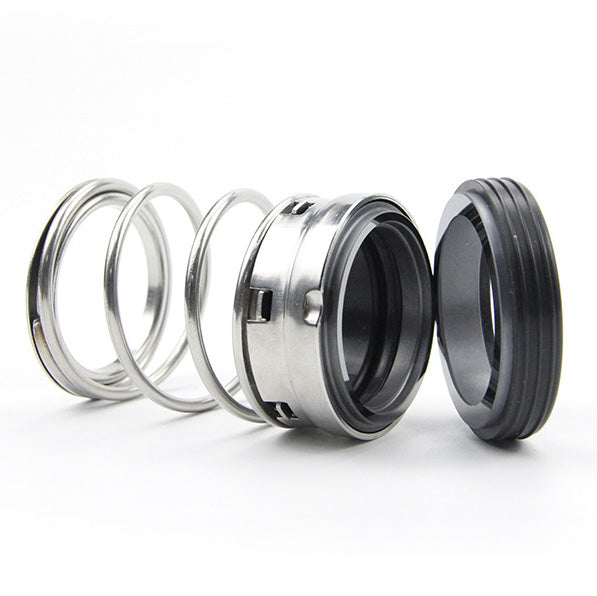When it comes to sealing applications, there are two main types of seals: lip seals and mechanical seals. Both of these seals are used to prevent fluid leakage in various industrial applications. However, there are significant differences between the two types of seals, and choosing the right one for your application can make a big difference in terms of performance, reliability, and cost-effectiveness. In this article, we will explore the differences between lip seals and mechanical seals, and help you make an informed decision about which type of seal is the better choice for your application.
What is a Lip Seal?
A lip seal, also known as a radial shaft seal, is a type of seal that is used to prevent fluid leakage along the shaft of a rotating machine component, such as a pump or a motor. Lip seals are typically made of elastomeric materials, such as rubber or silicone, and consist of a flexible lip that contacts the shaft and creates a barrier to prevent fluid from leaking out. Lip seals are relatively simple and inexpensive, and are commonly used in low-pressure applications where moderate sealing performance is sufficient.
What is a Mechanical Seal?
A mechanical seal is a more complex type of seal that is used to prevent fluid leakage in high-pressure applications. Mechanical seals consist of two flat surfaces that are pressed together to create a seal. One surface is stationary, while the other rotates with the shaft. The surfaces are held together by a spring, and a thin film of fluid is trapped between them to create a seal. Mechanical seals are typically made of harder materials, such as ceramic or tungsten carbide, and are designed to withstand high pressures and temperatures.
Differences between Lip Seals and Mechanical Seals:
There are several key differences between lip seals and mechanical seals that make them better suited for different applications. Here are some of the main differences:
- Pressure: Lip seals are designed for low-pressure applications, while mechanical seals are designed for high-pressure applications.
- Temperature: Lip seals are typically limited to temperatures below 200°C, while mechanical seals can withstand temperatures up to 400°C or higher.
- Leakage: Lip seals are more prone to leakage than mechanical seals, especially in high-pressure applications.
- Cost: Lip seals are generally less expensive than mechanical seals, but may require more frequent replacement due to wear and tear.
Conclusion:
In summary, lip seals and mechanical seals are two different types of seals that are used for different applications. Lip seals are simple and inexpensive, and are suitable for low-pressure applications where moderate sealing performance is sufficient. Mechanical seals are more complex and expensive, but are designed to withstand high pressures and temperatures, and provide better sealing performance and reliability. When choosing between lip seals and mechanical seals, it is important to consider the specific requirements of your application, such as pressure, temperature, and leakage, as well as the cost-effectiveness of each option.


